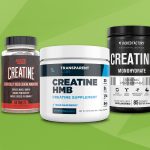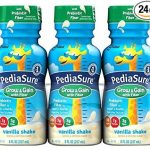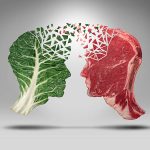
The allure of rapid weight gain and muscle growth has made weight gainers increasingly popular among individuals seeking a quick solution. These powdered supplements promise significant results, but it is essential to understand their potential drawbacks and side effects.
Weight gainers are not inherently bad. They have their drawbacks. The main issue is that they can contribute to unhealthy weight gain if not used properly.
In this article, we will delve into the reasons why weight gainers may be considered “bad” for certain individuals. By shedding light on their potential risks and pitfalls, we can make informed decisions about their use and prioritize our health and well-being on the journey towards weight gain and muscle development.
What are Weight Gainers?
Weight gainers, also known as mass gainers or weight gain supplements, are powdered dietary supplements specifically formulated to assist individuals in achieving weight gain goals. These products are designed to provide a concentrated source of nutrients and calories, with the aim of promoting weight gain, muscle development, and increased size.

Weight gainers typically consist of a blend of proteins, carbohydrates, fats, vitamins, and minerals. They are specifically formulated to provide a high-calorie content per serving, making it easier for individuals who struggle to consume a sufficient amount of calories through regular meals alone. These supplements often contain a significant amount of protein to support muscle growth and repair, along with carbohydrates for energy and glycogen replenishment.
Weight gainers are commonly used by athletes, bodybuilders, and individuals with high-calorie requirements, such as those recovering from illness or struggling with a naturally fast metabolism. While weight gainers can serve as a convenient way to increase calorie intake, it is important to understand their composition, potential drawbacks, and whether they align with an individual’s specific dietary needs and health goals.
The Misconception: Healthy Weight vs. Unhealthy Weight
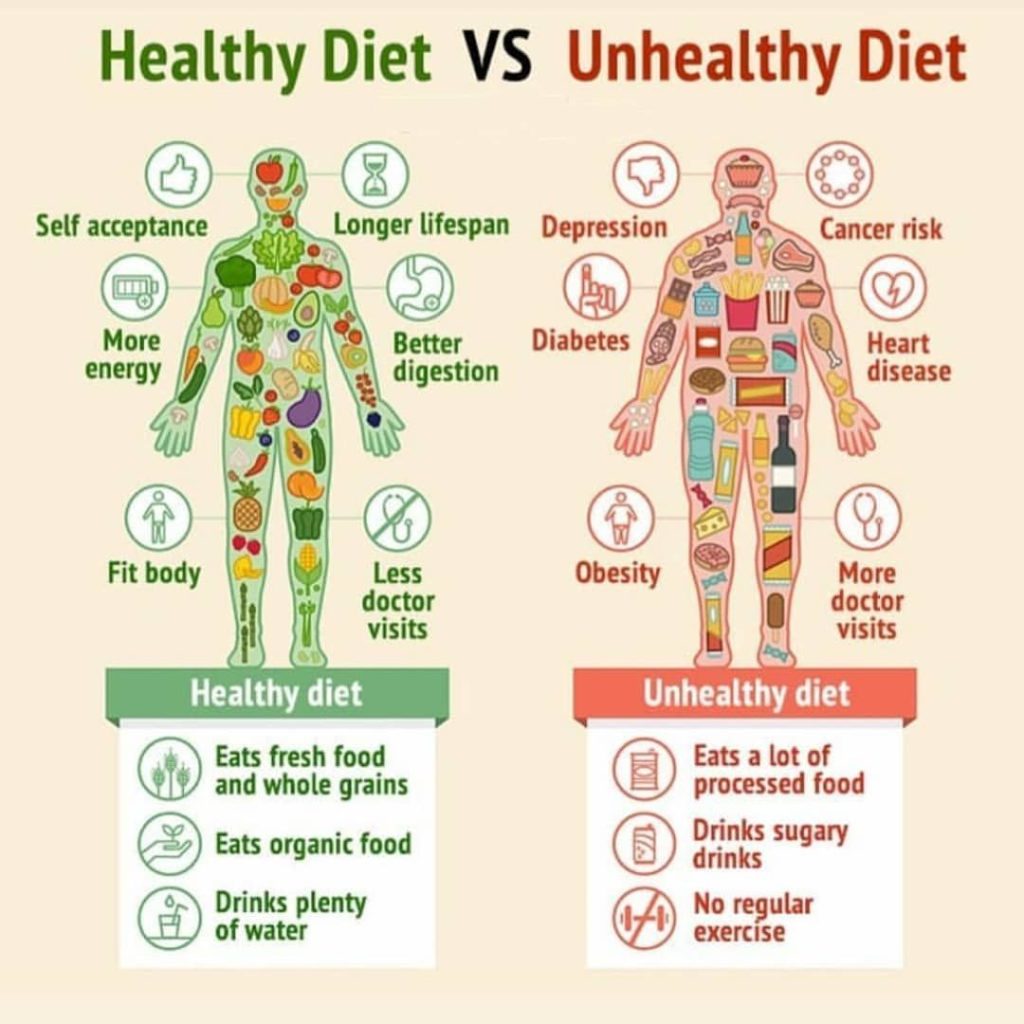
One common misconception surrounding weight gainers is the assumption that any weight gain is inherently desirable. However, it is essential to differentiate between healthy weight gain and unhealthy weight gain. Healthy weight gain involves increasing lean muscle mass while minimizing excessive fat gain. This is achieved through a combination of proper nutrition, strength training, and an active lifestyle.
Unhealthy weight gain, on the other hand, refers to the accumulation of excessive body fat without a proportional increase in muscle mass. This can lead to various health complications, including an increased risk of obesity, cardiovascular disease, diabetes, and metabolic disorders.
It is crucial to prioritize overall health and focus on gaining weight in a balanced and sustainable manner rather than simply striving for a higher number on the scale.
Hidden Sugars and Artificial Sweeteners
Many weight gainers on the market contain hidden sugars and artificial sweeteners to enhance taste and palatability. While these additives may make weight gainers more appealing, excessive sugar consumption can have detrimental effects on health. It can contribute to weight gain, insulin resistance, inflammation, and an increased risk of chronic diseases such as diabetes and heart disease.

Artificial sweeteners, often used as sugar substitutes in weight gainers, can also pose potential risks. Some studies suggest that artificial sweeteners may disrupt the body’s natural appetite regulation mechanisms, leading to increased cravings and overeating. Furthermore, they can negatively impact gut health and have a controversial association with weight gain in some individuals.
It is important to read labels and be aware of the sugar and artificial sweetener content in weight gainers. Choosing options with minimal or no added sugars, as well as considering natural sweeteners or alternatives, can help mitigate the potential risks associated with these additives.
High Fat Content and Health Risks
Weight gainers often contain a significant amount of fats, including saturated and trans fats. While dietary fats are an essential macronutrient for overall health, consuming excessive amounts can increase the risk of obesity, cardiovascular disease, and other health issues. High-fat weight gainers can contribute to unhealthy weight gain, elevated cholesterol levels, and inflammation in the body.
It is important to be mindful of the quality and quantity of fats present in weight gainers. Opting for weight gainers with healthier fat sources such as unsaturated fats, found in foods like nuts, seeds, avocados, and olive oil, can be a better choice.
Healthy Alternatives to Weight Gainers
Instead of relying solely on weight gainers, there are healthier alternatives to achieve weight gain in a more balanced and sustainable way. These alternatives focus on nutrient-dense foods that provide a range of essential nutrients while supporting healthy weight gain. Some examples include:
- Whole Foods
Incorporate a variety of whole foods into your diet, including lean proteins (chicken, fish, tofu), complex carbohydrates (whole grains, sweet potatoes), healthy fats (nuts, seeds, olive oil), and plenty of fruits and vegetables.
- Protein Shakes
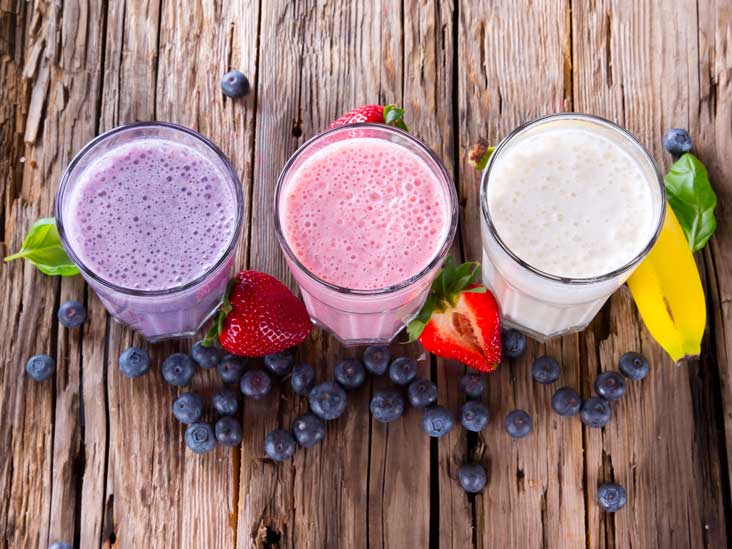
Instead of weight gainers, consider homemade protein shakes using natural protein sources such as whey protein powder, Greek yogurt, almond milk, and fruits.
- Calorie-Dense Snacks
Choose nutrient-dense snacks that are high in calories, such as nuts, nut butter, trail mix, granola bars, and dried fruits.
- Balanced Meals
Focus on creating well-rounded meals that include a balance of proteins, carbohydrates, and fats, along with a variety of colorful fruits and vegetables.
- Consult a Nutritionist
Seeking guidance from a nutritionist or dietitian can help develop a personalized meal plan to meet your specific weight gain goals while considering your individual dietary needs and preferences.
By incorporating these healthier alternatives, you can support weight gain in a way that promotes overall health and well-being while minimizing the potential risks associated with weight gainers. Also, with guides such as this guide on weight gain with the right foods, you can always achieve your weight gain goals.
Conclusion
Informed decision-making is crucial when it comes to weight gainers. While they promise quick results, their drawbacks cannot be overlooked. Hidden sugars and artificial sweeteners can lead to health issues, while high fat content poses risks. Instead, opt for healthier alternatives like whole foods, protein shakes, and balanced meals.
Consulting a nutritionist ensures personalized guidance. Prioritize long-term health and make choices that support sustainable weight gain. Remember, a balanced approach is key for achieving your goals while maintaining overall well-being.
Frequently Asked Questions
- Are weight gainers suitable for everyone?
Weight gainers are not suitable for everyone. They are primarily designed for individuals with high-calorie requirements or those looking to increase muscle mass. It is essential to consider individual dietary needs, health goals, and consult with a healthcare professional before incorporating weight gainers into your routine.
- Can weight gainers cause weight loss?
Weight gainers are formulated to provide extra calories and nutrients, making weight loss unlikely when used as intended. However, it is crucial to monitor overall calorie intake and ensure it aligns with your weight goals. Consuming weight gainers alone without a balanced diet and exercise may not lead to desired weight gain or loss.
- How long does it take to see results with weight gainers?
The timeframe to see results with weight gainers varies for each individual. Consistency, proper nutrition, and regular exercise are key factors. While some may experience noticeable changes within a few weeks, others may require a longer timeframe. Patience and a personalized approach are essential.
- Can weight gainers be used as meal replacements?
Weight gainers are not typically recommended as meal replacements. They are intended to supplement your regular meals and provide additional calories. Whole foods offer a wide range of essential nutrients that weight gainers may lack. It is important to maintain a balanced diet and consume weight gainers as a part of a comprehensive nutrition plan.
- Are there any natural weight gain supplements available?
Yes, there are natural weight gain supplements available. Some options include natural protein powders, creatine, omega-3 fatty acids, and herbal supplements like fenugreek or ashwagandha. However, it is important to consult with a healthcare professional or nutritionist before incorporating any supplements into your routine to ensure they align with your specific needs and health goals.









